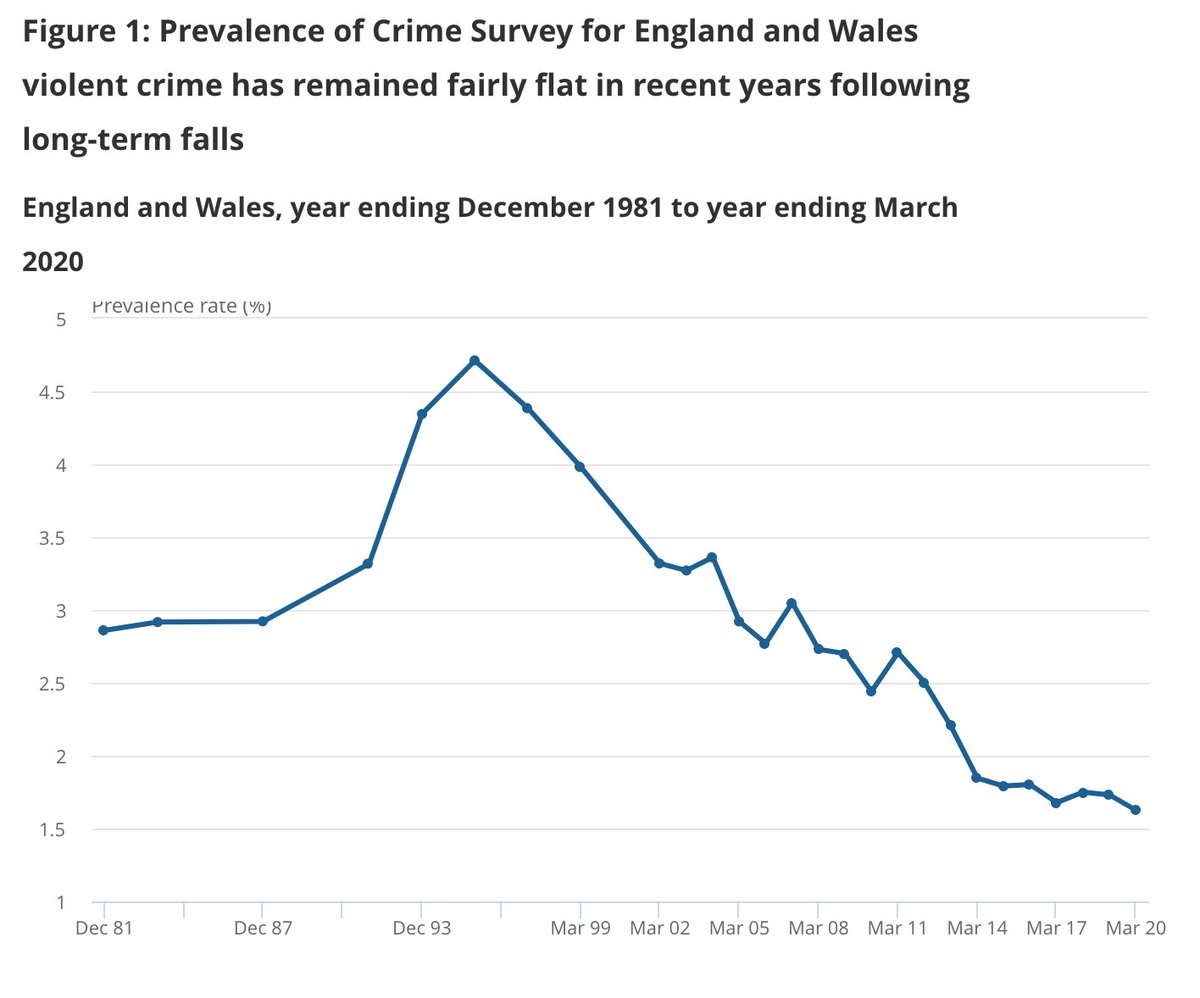The #bbcqt audience in Bexhill last night were majority Tory voters, by a country mile. And when government minister Helen Whately praised their local Tory MP, they laughed in outright disdain.
This is the kind of thing which should have the Conservatives very, very worried.
This is the kind of thing which should have the Conservatives very, very worried.
Before the show goes live, there's a practice question (to get warmed up, check mics etc). This week, it was about potholes. And while the mood was good-natured, people in the audience were genuinely angry at the government about it. Potholes were a symbol of neglect and decline.
It wasn't simply that the potholes weren't getting fixed, it was that they were getting fixed on the cheap, with shoddy materials. It really wound people up that public money was being spent, but the job still wasn't getting done.
The story of crumbling infrastructure - not just the problem of underinvestment, but how the profit motive results in worse services - is major a point of commonality for the left, and otherwise rightwing voters. Massive open goal here!
• • •
Missing some Tweet in this thread? You can try to
force a refresh

 Read on Twitter
Read on Twitter





